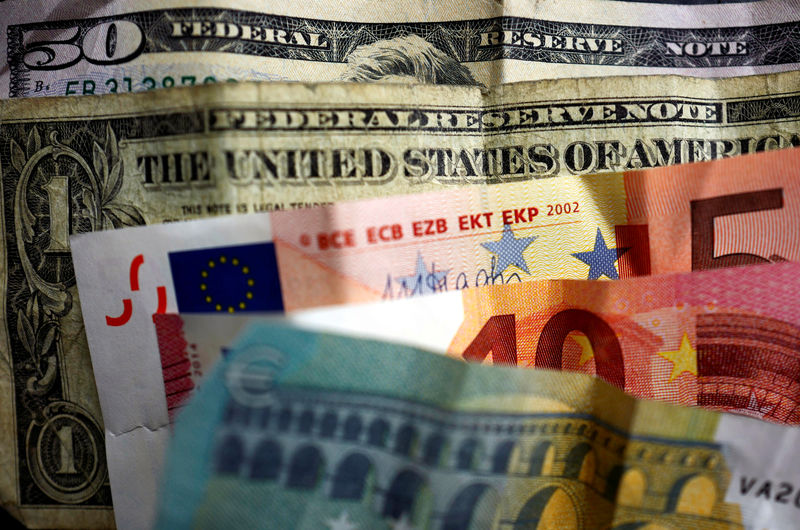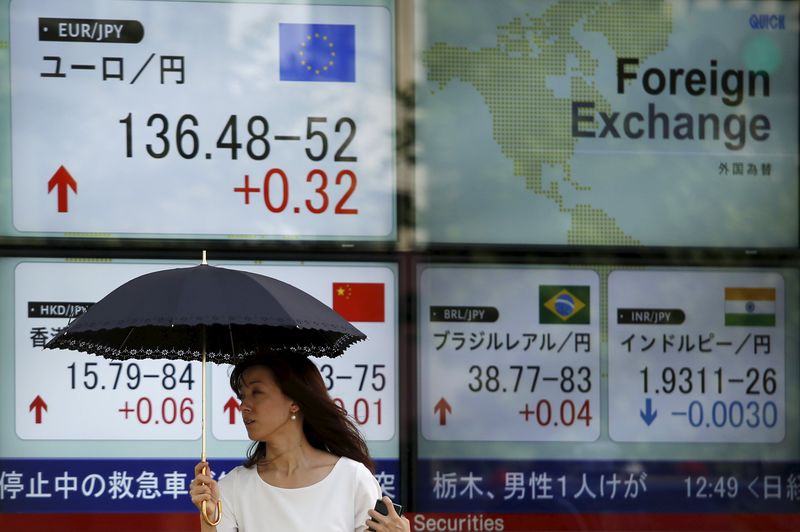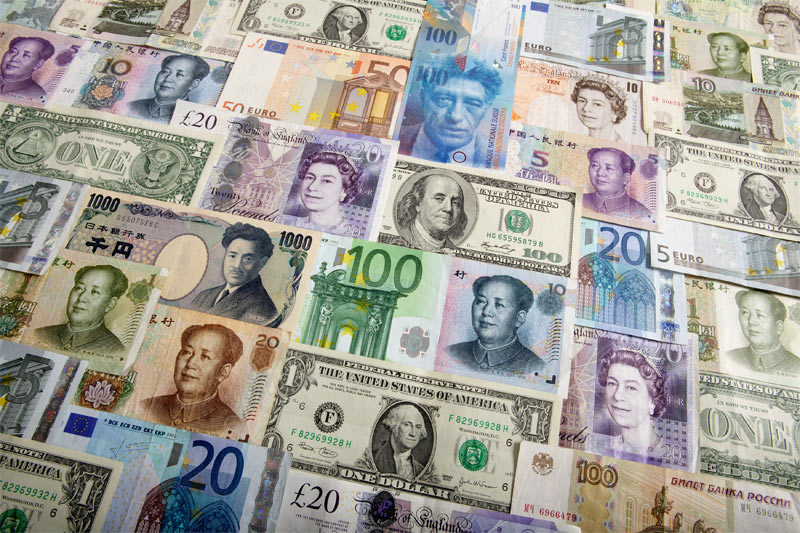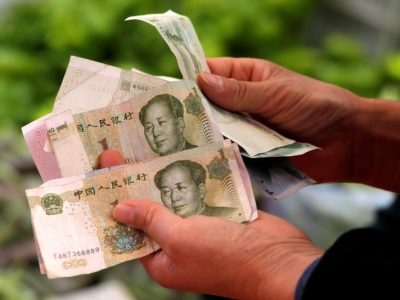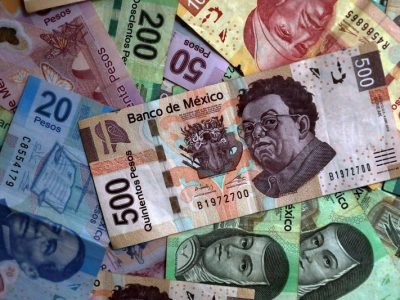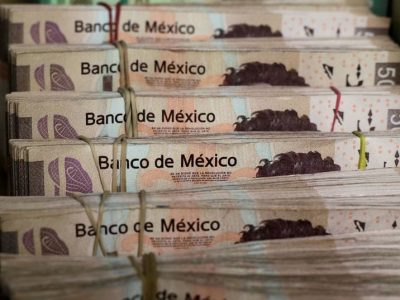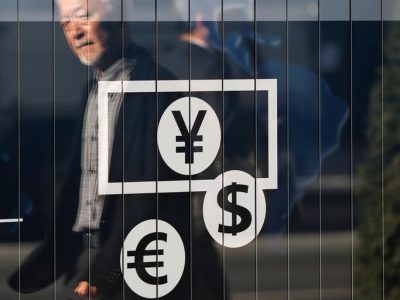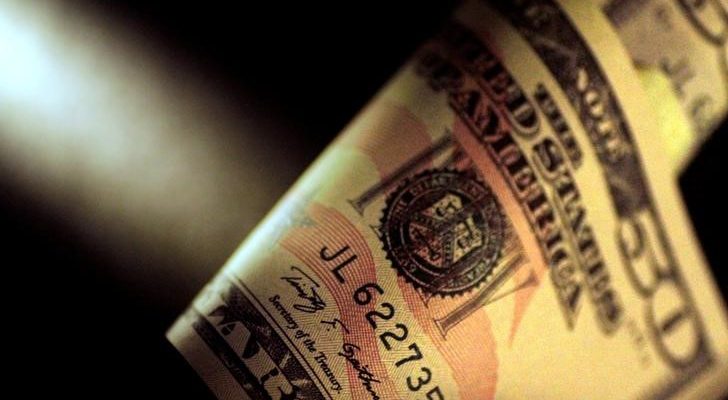
Investing.com – The U.S. dollar slipped slightly Tuesday, limping into what is likely to be a very close presidential election, the result of which could drive significant foreign exchange moves.
At 04:10 ET (09:10 GMT), the Dollar Index, which tracks the greenback against a basket of six other currencies, fell 0.1% to 103.655, after overnight falling to the lowest since Oct. 21, compared with the highest levels since the end of July last week.
Dollar retreats as US election arrives
The greenback has been hit, in part, by an unwinding “Trump trade,” as recent polls showed Donald Trump and Kamala Harris set for a tight presidential race, with the majority of voting starting later Tuesday.
In recent weeks, financial markets had leaned towards a win for Trump, whose tariff and immigration policies are considered inflationary by analysts, leading to gains for US yields and the dollar.
“With an exceptionally close US election upon us, plus the outcome likely to deliver a binary impact on currency markets, the FX options market is trading at a respectful level of volatility,” said analysts at ING, in a note.
“Given the run-up in the dollar in October, we think we need to see a Red Sweep for the dollar to push on much further. A Harris win would seem a benign outcome and prove a dollar negative.”
The Federal Reserve also meets later this week, and markets have been positioning for another rate cut, this time by 25 basis points instead of the jumbo 50-basis point reduction seen in September.
Traders will be watching for any more cues from Fed Chair Jerome Powell on the bank’s plans to cut rates further, especially as recent data showed stickiness in U.S. inflation and resilience in the economy.
But the labor market was also seen deteriorating, which could keep the Fed biased towards more easing.
Euro linked to US result
In Europe, EUR/USD traded 0.2% higher at 1.0893, after climbing to 1.0914 in the previous session for the first time since Oct. 15, with the euro benefiting from the dollar weakness.
Despite these gains, the euro is having to cope with regional economic weakness, with French industrial production falling 0.9% on the month in September, as well as the political uncertainty surrounding the US election.
“For this week, expect the fall-out from US elections to dominate,” ING added. “Ultimately, a Trump win without the House could be the worst scenario for EUR/USD by late 2025, where global growth would be finding no insulation from US tax cuts and the ECB might be forced to cut rates deeper into accommodative territory.”
GBP/USD rose 0.2% to 1.2980, with the Bank of England set to authorise another rate cut of 25 basis points on Thursday.
Aussie dollar gains after RBA meeting
USD/JPY rose slightly to 152.16, with the Japanese yen remaining close to its weakest level in three months, while USD/CNY climbed 0.1% to 7.1077, with focus turning to a meeting of the Standing Committee of the NPC that is expected to yield more cues on China’s plans for fiscal stimulus.
AUD/USD rose 0.5% to 0.6618, after the Reserve Bank of Australia held policy steady on Tuesday, as widely expected.
RBA Governor Michele Bullock, however, took a more hawkish stance in her news conference, saying she still believed there are upside risks for inflation.
“The Australian dollar could be the big winner should Harris keep Trump out of the White House. Under such a scenario, the China tariff threat would be reduced considerably,” ING said.


